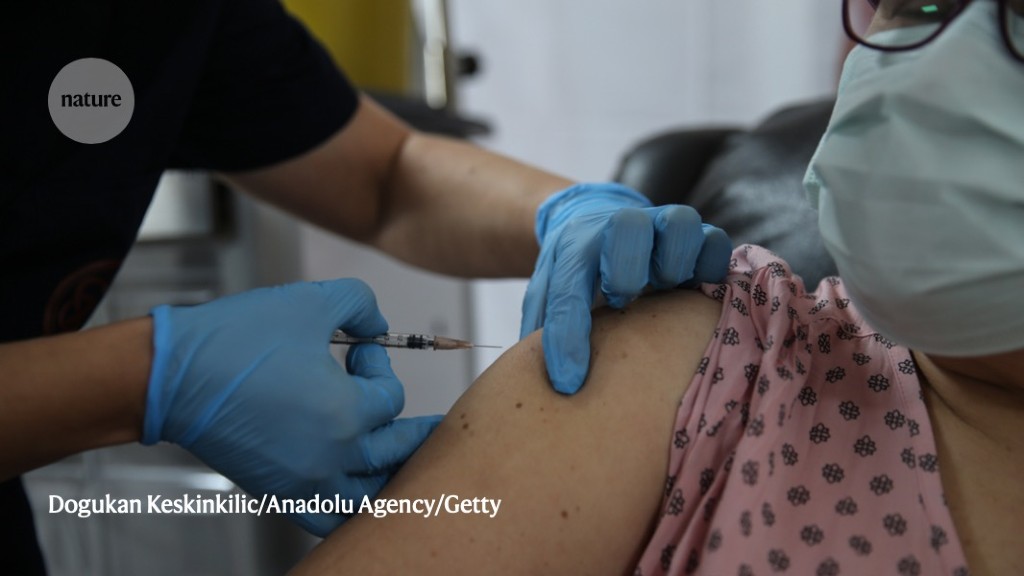With the proclamation of the success of the Pfizer and Moderna vaccines come the flurry of developers seeking emergency use approvals.
In this article written by David Cyranoski for Nature, he discusses some of the concerns voiced out by various scientists: once the vaccines are approved for emergency use, they may compromise the ongoing trials which aims to determine how effective the vaccines are in the long run. Moreover, scientists are concerned that there will not be enough data to establish the long term outcomes of the vaccine. Citation
Editor’s Note: Do governments realize that they are gambling with the lives and well-being of their citizens with their rush to deploy COVID vaccines? If children and other at-risk populations are harmed by the vaccine, what legal recourse will they have, given that some manufacturers have already sought for indemnity?
We reiterate once again: this virus is not as deadly as the media and the government wants us to think [see CDC updates planning scenarios, shows IFR lower than flu, WHO says 10% of the world infected with SARS-CoV-2, puts IFR at 0.14%]. Our immune systems have the natural capacity to neutralize the virus, and those who contract COVID-19 have lasting immunity [see New study found pre-existing SARS-CoV-2 immunity in general population and New York Times: Immunity to coronavirus may last for years]. The science is clear: A COVID vaccine is unnecessary. Why should we follow governments who are blindly leading us towards greater suffering?

Why emergency COVID-vaccine approvals pose a dilemma for scientists
Immunizations are speeding towards approval before clinical trials end, but scientists say this could complicate efforts to study long-term effects.
https://www.nature.com/articles/d41586-020-03219-y
Read Offline
Click the button below if you wish to read the article offline.
